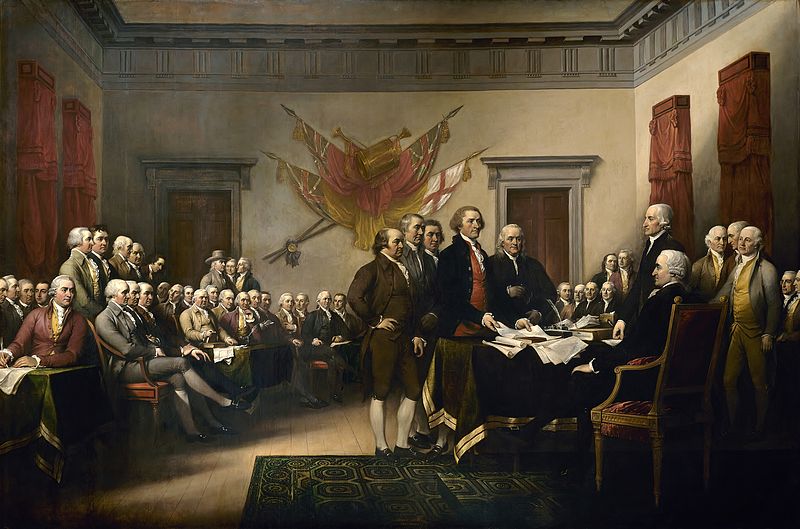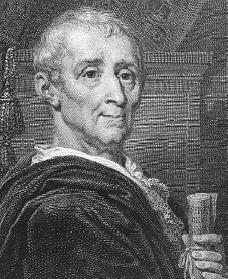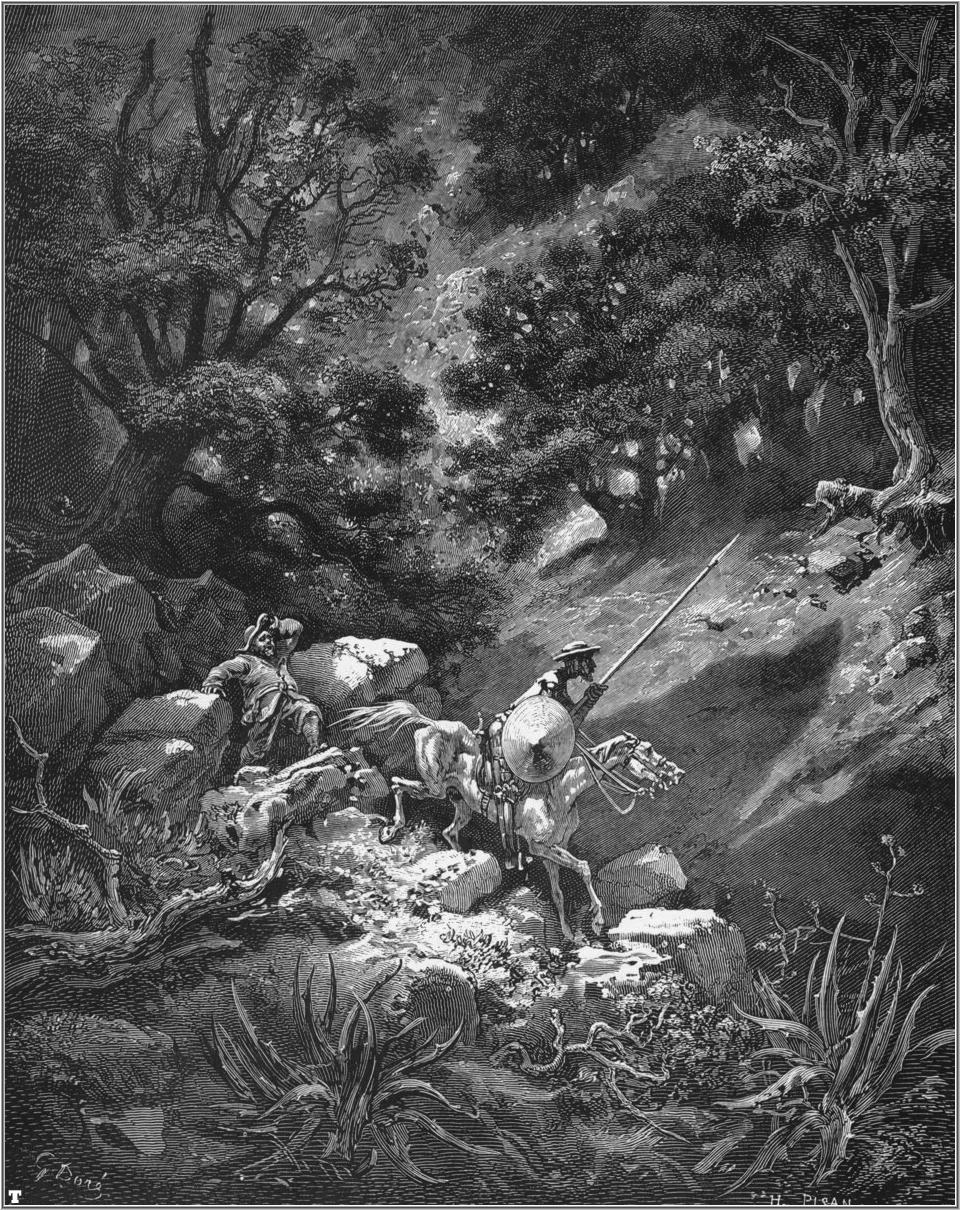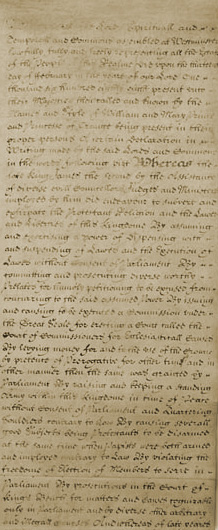
Night of 20th-2ist February 1942
The spirit in peril—The observatory at Linz—
The fight against falsehood, superstition and intolerance.
Christianity is the worst of the regressions that mankind can ever have undergone, and it’s the Jew who, thanks to this diabolic invention, has thrown him back fifteen centuries. The only thing that would be still worse would be victory for the Jew through Bolshevism. If Bolshevism triumphed, mankind would lose the gift of laughter and joy. It would become merely a shapeless mass, doomed to greyness and despair.
The priests of antiquity were closer to nature, and they sought modestly for the meaning of things. Instead of that, Christianity promulgates its inconsistent dogmas and imposes them by force. Such a religion carries within it intolerance and persecution. It’s the bloodiest conceivable.
In their fight against the Church, the Russians are purely negative. We, on the other hand, should practise the cult of the heroes who enabled humanity to pull itself out of the rut of error. Kepler lived at Linz, and that’s why I chose Linz as the place for our observatory. His mother was accused of witchcraft and was tortured several times by the Inquisition.
There’s no greater privilege, in my view, than to play the part of a patron of the arts or the sciences. Men would certainly have regarded it as a vast honour to be allowed to encourage the career of a man like Richard Wagner. Well, it’s already a great deal gained that people like him are no longer burned alive!
I shall not cease to think that the most precious possession a country can have is its great men. If I think of Bismarck, I realise that only those who have lived through 1918 could fully appreciate his worth. One sees by such examples how much it would mean if we could make the road smooth for men of talent.
It’s only in the realm of music that I can find no satisfaction. The same thing is happening to music as is happening to beauty in a world dominated by the shavelings—the Christian religion is an enemy to beauty. The Jew has brought off the same trick upon music. He has created a new inversion of values and replaced the loveliness of music by noises. Surely the Athenian, when he entered the Parthenon to contemplate the image of Zeus, must have had another impression than the Christian who must resign himself to contemplating the grimacing face of a man crucified.
Since my fourteenth year I have felt liberated from the superstition that the priests used to teach. Apart from a few Holy Joes, I can say that none of my comrades went on believing in the miracle of the eucharist.
The only difference between then and now is that in those days I was convinced one must blow up the whole show with dynamite.




